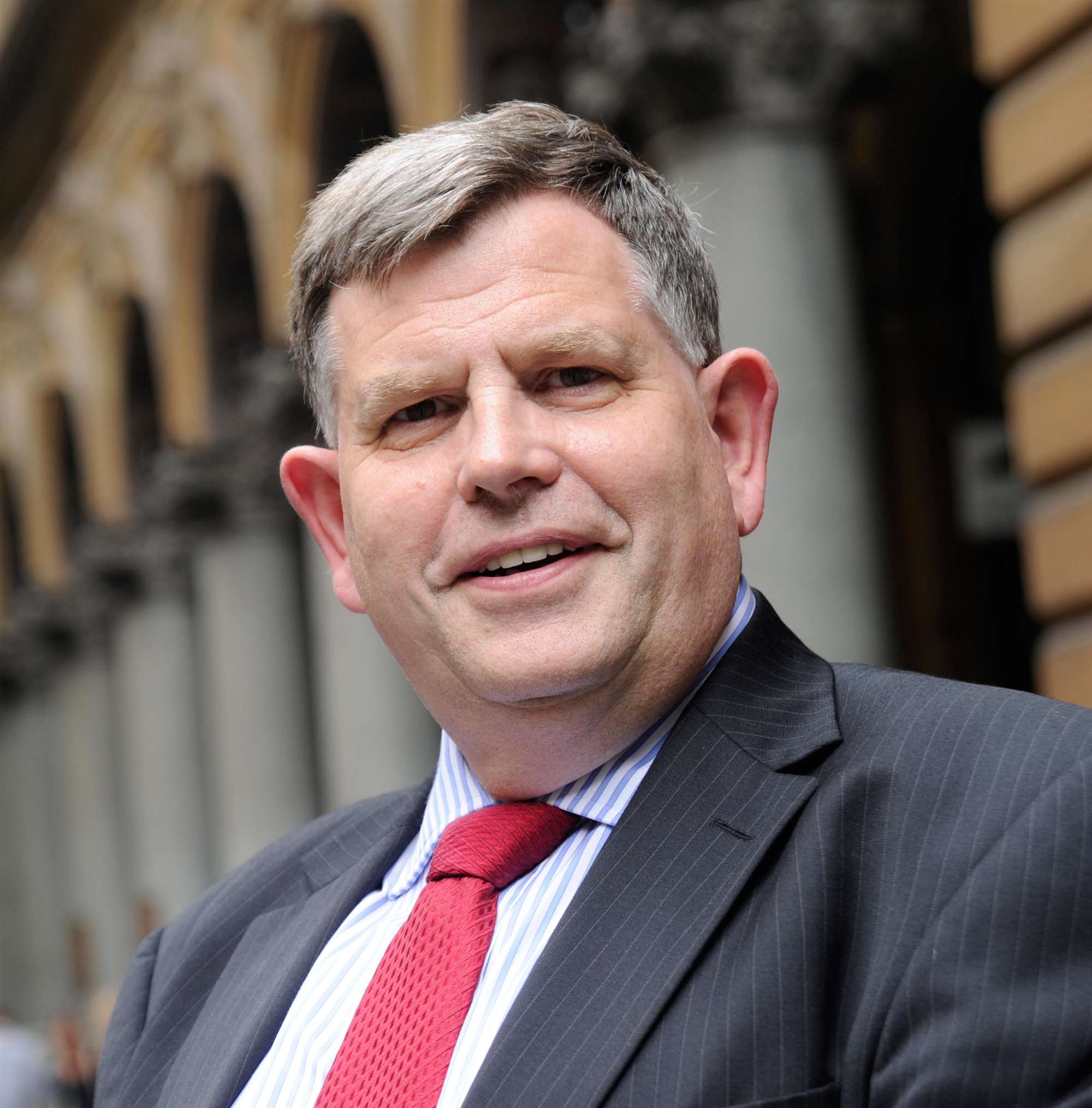Nick Tate is used to canvassing the prospects of future IT leaders.
An IT leader himself - currently directing the Australian Government's Research Data Storage Infrastructure (RDSI) project, which is based at the University of Queensland, and with IT director and Senior IT leadership roles at the university, Macquarie, Citibank, Global Asset Management and the United Bank of Kuwait - he has, for many years, also delivered intensive training designed with the next generation of IT executives in mind.
Initially, those programs were aimed at IT leaders in the tertiary sector in the United States, Australia and then South Africa, but in recent years the focus has broadened to technology leaders in a range of sectors.
For the second year, Tate has brought a modified version of this training to the ACS Future Leaders Institute (FLI).
"I do it as a volunteer in the ACS because I think it's important to give back, particularly with leadership," Tate said.
"The FLI is in every way a team activity and it has been made possible by a dozen Senior IT and Business leaders who have very generously contributed to the Institute by presenting and sharing their experiences.
Tate's style is to present a theoretical base interspersed with "war stories" - practical examples of things he has either experienced or observed in his career.
"Knowing some level of theory is good, otherwise you just make things up as you go along," he told Information Age. "But it's like anything - if you don't understand why something is happening you can sometimes pick up the wrong cues."
Tate's presentations at the ACS Future Leaders Institute this year spanned topics from leading and managing change, to effective team make-up and management.
In the change stream, Tate used John Kotter's 8-Step Process for Leading Change as a theoretical starting point.
"Kotter is regarded as the guru in this space," Tate said. "He knows everything there is to know about change leadership."
For effective team management, the theory used is Belbin Team Roles - which uses questionnaires from an individual and their fellow team members to assess the typical role that individual plays when added to a team environment.
Finding gaps
Belbin consists of nine team roles. Each role denotes a specific strength and weakness for that role type in a team environment.
A "plant" team member, for example, may contribute creative and unorthodox ideas but could also be too preoccupied with their own thoughts or be forgetful. By contrast, a "completer finisher" might be great at quality control and polishing the final product, but "be accused of taking their perfectionism to the extremes", according to Belbin.
Tate said that once the future IT leaders assessed in the ACS Institute had their results, they were mapped onto a "team wheel".
"Then you can see, as is often the case in a team, where your gaps lie," Tate said.
"So if all your people are 'plants' and there's no 'completer finishers', there's a chance - unless you think carefully about it - that you'll come up with fantastic ideas, debate them endlessly but never do anything.
"On the other hand, if they're all 'completer finishers' you may sit around wondering what to do but be ready to do it as soon as someone has an idea."
Leadership style
Tate also covered the common characteristics of leaders and asked delegates to rate various world leaders on their capability. The exercise often uncovered some interesting cultural divisions on leadership, according to Tate.
"Culturally it often depends on whether you value participative leadership or directive leadership," he said.
"Some would call direct leaders strong, but others would say they are less consultative. However, some people value a strong leader irrespective of their ability not to be collaborative."
Australians typically favoured a more collaborative style of workplace culture where "people are not afraid to speak out. There's a culture of being prepared to say what you think and wanting to be consulted."
Tate said that was particularly true of the university sector.
"In a university environment in Australia and New Zealand, people expect to be consulted in order to be brought along. In other cultures - even some commercial cultures - that's less so."










